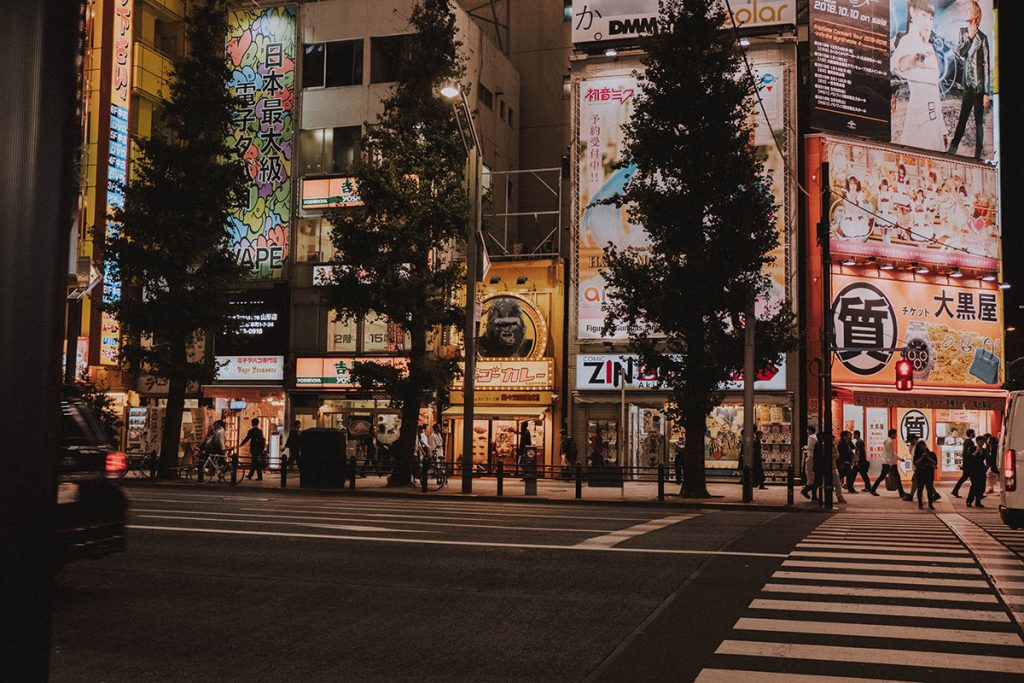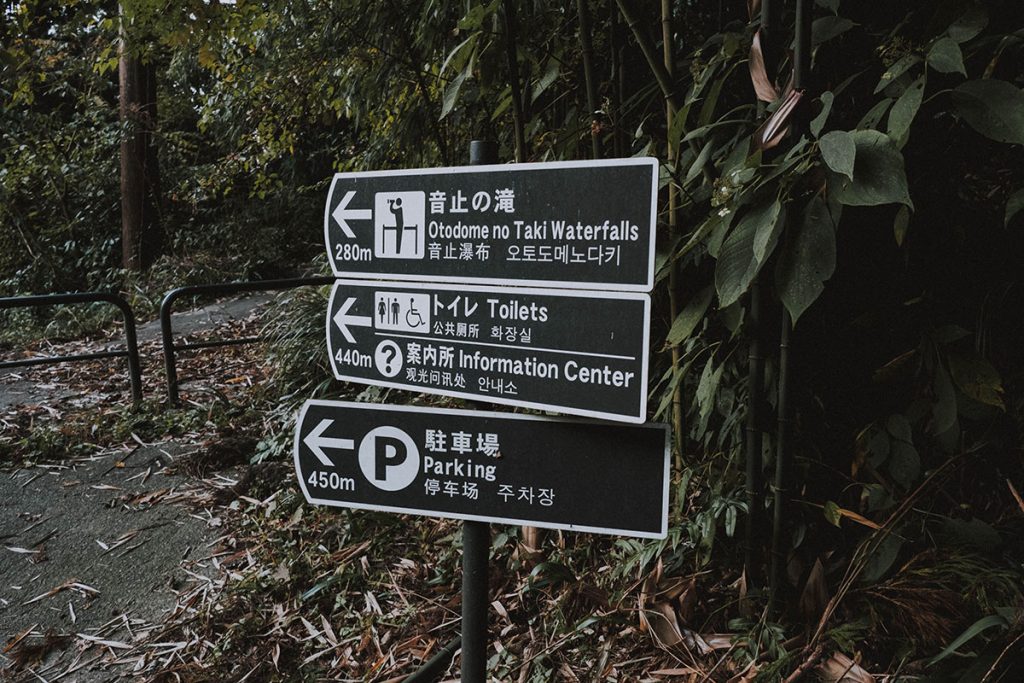When we booked our tickets to Japan I was aware of the possible language barrier. I knew that not everyone in Japan is fluent in English, so getting acquainted with a few basic Japanese terms might be a smart move. However, the few words I studied were, to be honest, too few. I could do the basic greeting terms, count to ten, and basically say yes or no, more or less (okay fine, I can also say other random words like “idiot” in Japanese, but that’s just from watching too much anime). So, despite the fact that I obviously procrastinated and relied too much on my Anime language knowledge, I could still easily get around in Japan.

English in Japan
So, the first thing I noticed regarding English in Japan, is that everyone’s English level isn’t more or less the same. I found some people (not a lot) who I could have a fluent English discussion with, especially at your more touristy areas (staff at JR are excellent btw), and others who (with the help of Google Translate) I could sort of converse with. For the most part, though, you’ll probably be conversing with key Japanese and English terms to just get a basic message across. Especially when it comes to your smaller, meer plattelandse dorpies.
Quick side story: There was this one instance in Fujinomiya (super hipster town, but quite small compared to places like Tokyo and Kyoto), where I wanted to buy a sweater at the mall, and despite the fact that I had the sweater in my hands, was standing at the till, with money in my hands, it still took the staff a few minutes to understand that I wanted to buy the product and not go to the fitting rooms. The two ladies who helped me were extremely friendly and helpful, so I didn’t mind the confusion at all. However, it made me realise just how crucial it is to learn basic Japanese terms when visiting the country.

Just Be Friendly
The great thing about Japan is that everyone is extremely polite and helpful. So, the locals will always take the time to listen to you. Even if you can’t speak Japanese fluently (or even on an elementary level), if you just know the correct terms, they will listen carefully and try to help you. So, just be friendly, and you will get where you need to be, or buy that sweater you love so much. Still, knowing some valuable Japanese terms will get you a long way.
Also, it’s just basic manners to learn a few basic words of the country which you are visiting.
Thus, I have decided to share these seven Japanese terms with you that will hopefully be as helpful to you, as it was to me.

We’re fools whether we dance or not, so we might as well dance.
―

Greetings
Konnichiwa (こんにちは ) – Hello or Good Afternoon
Ohayou gozaimasu (おはようございます ) – Good Morning.
Polite Terms
Sumimasen (すみません) – Excuse me. A versatile polite term, like Afrikaans’ ekskuus/jammer. You can use this to get someone’s attention, or it can be used to say sorry to someone in a casual manner (such as accidentally standing in someone’s way in the aisle, or wanting to pass someone).
Arigatou gozaimasu (ありがとうございます ) – Thank you. In Japan you have a formal and casual way of addressing people (I hope I’m explaining this correctly). So, you can say just “Arigatou” to someone if you are close to them, but if you are addressing a stranger or an elder you would add “gozaimasu.” The same principle could be applied to “ohayou gozaimasu.”
Shopping and Eating Out
Okanjou wo onegai shimasu (お勘定をお願いします) – Can I have the bill please? I still struggle with this one, so normally I’d just ask for the bill and because of the context the staff normally understands what I mean. However, maybe just keep this one close by to avoid a sweater incident.
Sore o itadakimasu (それを頂きます) – I’ll take this. However, if you are still struggling with phrases, just using the word kōnyū (which directly translates into buy/purchase) should help get the basic idea across.
Directions
When you are at one of the stations, then I found the easiest thing to do was show on a map (I used Google Maps) where I wanted to go. Even if the person can’t speak English, they will understand what you mean and be able to help you. Still, couldn’t hurt to know some phrases.
[insert place here] wa doko desu ka? – Where is [insert place here]?
So, these are just a few and very basic terms that should help you during your trip in Japan. However, this is speaking from my experience. You might want to check out some other sources as well (Japanese for Dummies or TokyoCheapo), just in case you don’t want to trust the blonde who can’t even buy her own sweater (yep, I’m still not over it).


